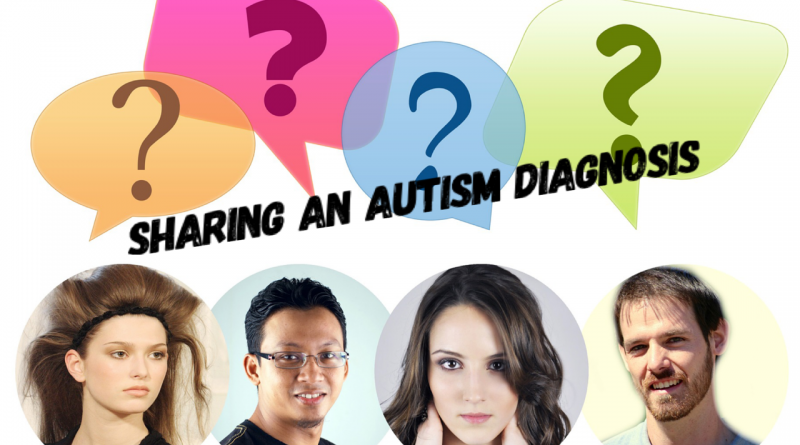Sharing a late-in-life diagnosis
“I’ve always known who I am. Now I know why I am.”
A guest post from Lumpy Socks, an autistic female with a midlife diagnosis.
There is little/no advice about how to share your diagnosis when you’re late-diagnosed. How do you tell your daughter? Your parents?
When someone is sharing their diagnosis, they are sharing something incredibly personal and sensitive. It is a massive deal and they are trusting you with that.
The reactions I have received have been so mixed. The negative reactions just reinforce the negative stereotype that autistic people don’t have feelings, when actually, in many cases, we feel things far more intensely.
Even the kind reactions have indicated a lack of understanding about autism and a tendency to place limits on me. The focus tends to be on what I probably can’t do, and what I probably struggle with rather than how it explains my super attention to detail, my amazing determination, my unquestionable honesty and integrity and so on.
Six weeks post diagnosis, I went to the National Autism Show [run in association with the National Autistic Society]. I spent the entire 6 hours in theatre 2 listening to other adults on the spectrum and, whilst reassured that I was not the only one getting these sorts of reactions, it just added to my frustration and fear. I fear that people are going to place limits on me for my future, that I may be turned down for jobs or promotions because of my autism and assumptions of what I can’t do. I also realised that those adults in that theatre were talking to the wrong audience. Everyone at that show had a personal or professional positive interest in autism and enhancing the lives of those with autism. Happily, many of those adults deliver their talks to other audiences, but everyone needs to hear what they have to say, society needs educating.

